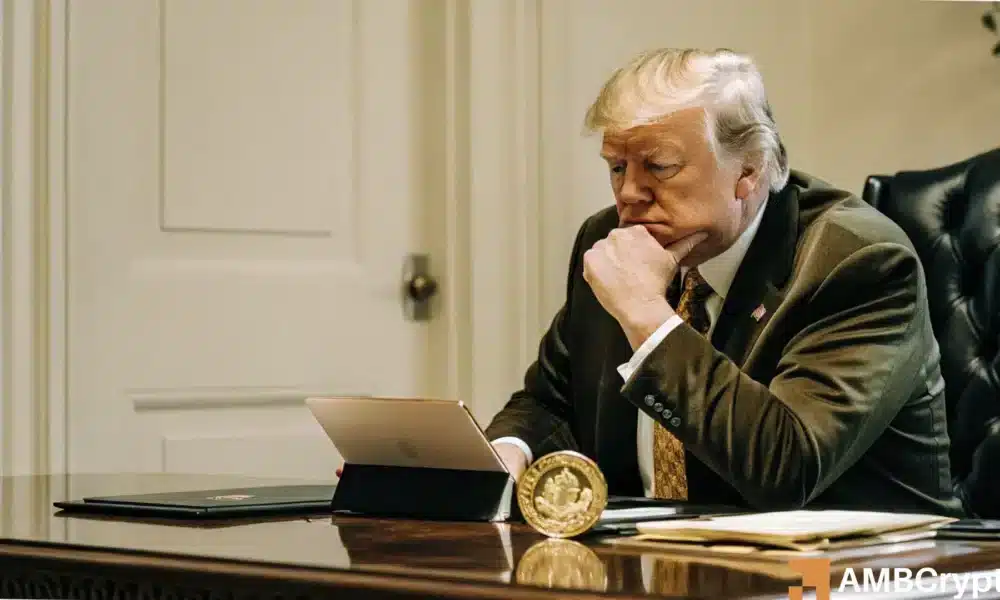- Bitcoin Hits $106,000 Amid Trump’s Bitcoin Reserve Proposal.
- The Federal Reserve’s rate cut could boost demand for Bitcoin.
President-elect Donald Trump’s proposal to create a US strategic reserve of Bitcoin (BTC) has caused a stir in the cryptocurrency market.
With this proposal, Trump attracted the attention of investors, sparking optimism about the future of Bitcoin.
On December 15, Bitcoin reached a new milestone, surpassing $106,000 and peaking at $106,488 before stabilizing at $104,518.
The significant price rise follows growing investor interest, driven by the possibility that Bitcoin could soon become part of the US national reserves.
Impact of Trump’s Bitcoin Proposal
Financial analysts are closely monitoring Bitcoin’s future growth potential, especially in light of Trump’s proposal.
Experts predict that Bitcoin could reach $150,000 by the end of 2025, thanks to a combination of institutional adoption and favorable regulatory changes.
Martin Leinweber of MarketVector Indexes highlighted historical trends, including post-presidential election rallies and Bitcoin “halvings,” which reduce the mining reward and can lead to a supply-driven price surge.
However, caution is advised as experts like Tom Lee of Fundstrat Global Advisors acknowledge that Bitcoin’s trajectory could involve volatility, with short-term declines possible before substantial gains are made.
World Liberty Financial expands its market presence
In addition to his Bitcoin reserve proposal, Trump’s crypto project World Liberty is making notable progress in the market.
Recently, the project completed a large transaction, exchanging 250,000 USDC for the ONDO token, associated with Ondo Finance.
The move is part of World Liberty’s broader strategy to increase its presence within the cryptocurrency ecosystem.
Alongside this large transaction, World Liberty executed several smaller transactions involving USDT and ETH, demonstrating active market participation.
Global economic change
If the United States adopts Bitcoin as a reserve asset, it could have a profound impact on global economic policies.
Integrating Bitcoin into national reserves could set a precedent that other countries could follow, leading to wider adoption and recognition of cryptocurrencies in the global financial system.
This change could affect international trade, currency valuations, and the traditional financial ecosystem, positioning Bitcoin as a more stable and widely accepted asset.
As Bitcoin moves from a speculative investment to a reserve-backed asset, its role in the global economy will likely be strengthened.




